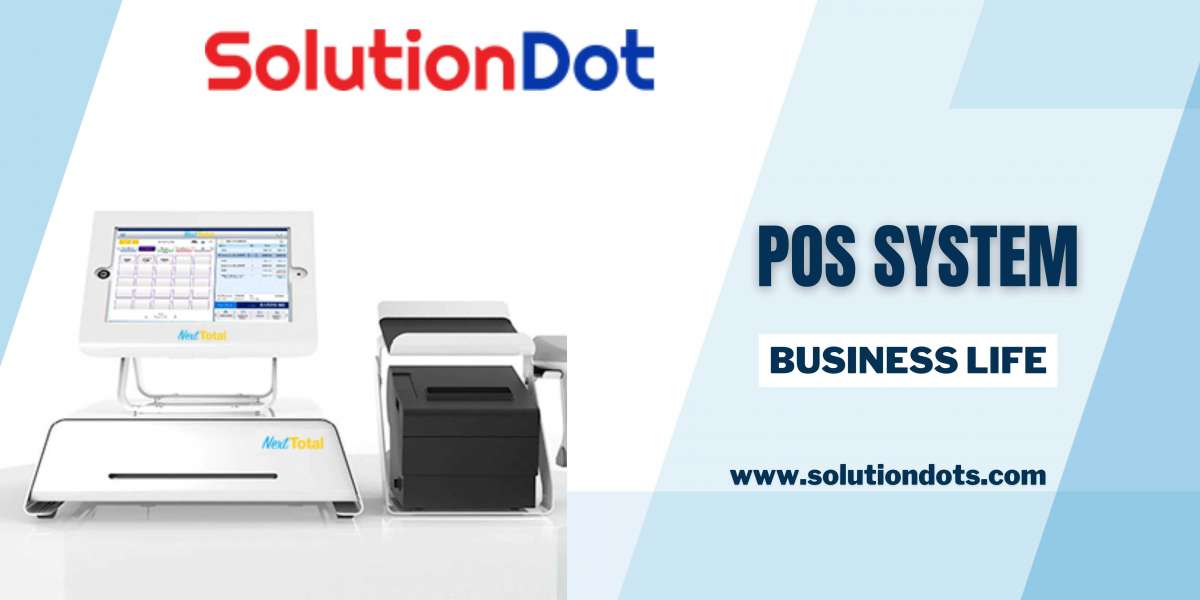Cloud ERP is an emerging category of software that provides the same basic functions as your average ERP, but uses cloud technology and is therefore accessible from any device with Internet access. In this article, we will compare five different Cloud ERPs to help you decide which one might be right for your business!
Introduction to ERP
Cloud ERP is a suite of software applications that helps businesses manage their operations more effectively. These programs can be accessed from any device, and they offer features such as inventory management, customer relations, and financial tracking.
They can also help organizations improve productivity by automating tasks such as billing and invoicing. Cloud ERP systems are typically affordable, and they offer a wide range of features to fit the needs of different businesses.
What is an ERP?
ERP (enterprise resource planning) software is a comprehensive system that helps businesses manage their operations more efficiently. ERP systems include features such as customer management, inventory tracking, production scheduling and financial reporting.
They can be costly to implement and maintain, but they can save businesses time and money in the long run. Some of the most popular ERP systems for small businesses include Salesforce CRM and Microsoft Dynamics CRM. These systems are both cloud-based, so they can be accessed from any device or location.
They also offer a wide range of features and customization options, so you can tailor them to your specific needs. If you're looking for an affordable ERP system that will meet your needs, consider using one of the top cloud-based options recommended by our team.
Benefits of Small Businesses using an ERP
Small businesses are often faced with the challenge of managing a complex internal system while competing against larger, more established companies. An ERP that is specifically designed for small businesses can provide a simplified system that improves efficiency and communication.
Here are some of the benefits:
1.Reduced complexity: An ERP can streamline processes and reduce the amount of paperwork required by small businesses.
- Improved communication: An ERP can help to improve communication between different departments within a company, as well as with customers and suppliers.
- Increased efficiency: Automated systems can help to speed up processes and save time for small business owners.
- Increased security: Modern ERPs offer increased security features, including data protection and malware protection.
Which Cloud ERP for Small Business is best for your business?
Choosing the right cloud-based enterprise resource planning (ERP) system for your small business can be difficult. There are a variety of options available, and it can be difficult to decide which one is best for your needs.
Here are some factors to consider when choosing an ERP system: Your Needs. What do you need the system for? Do you need to manage finances, inventory, customer records, or other important aspects of your business? Cost.
How much will the system cost you? Are there any discounts available? Features. Do you need all the features offered by the system? Some systems have more features than others, but some may not be necessary for your business.
Consider what features are most important to you and whether or not the system offers those features. Ease of Use. Does the system have easy-to-use menus and user interfaces? Is it easy to learn how to use the system?
How it functions and what information it has access to on its platform
Cloud ERP is a web-based system that helps businesses manage their operations by providing them with a centralized location to access critical business information. This system includes features such as accounting, inventory, marketing, and sales management.
Cloud ERP allows businesses to access this information from any computer or device they have an internet connection on.
This makes it very convenient for small businesses who may not have the resources or bandwidth to keep several different programs open at the same time. In addition, Cloud ERP offers security features that protect your data from unauthorized access.
How does your company use the system?
With the ever-growing popularity of cloud-based systems, many small businesses are looking for an ERP system that can help them streamline their operations. There are a few different options available to small businesses when it comes to cloud-based ERP systems, and which one is right for them depends on a number of factors, including the size and complexity of their business.
The three most popular cloud-based ERP systems for small businesses are Salesforce, Oracle CRM, and Microsoft Dynamics 365. Salesforce is the most popular option overall, with nearly 60 percent of small businesses using it.
Oracle CRM is second in popularity, with about a third of all small businesses using it, and Microsoft Dynamics 365 is third in popularity, with about a quarter of all small businesses using it. It's important to note that not all of these systems are designed specifically for small businesses; some are more suited for larger companies.
One important factor to consider when choosing an ERP system is how well it integrates with other software tools your business uses. Many of the most popular ERP systems come with integrations with other business tools such as email marketing platforms, warehouse management software, and customer relationship management (CRM) software. This makes it easier for your business to manage its data across multiple platforms
Conclusion
There are many different cloud ERP systems on the market, but which is the best for small businesses? In this article, we will discuss some of the key features that make a system perfect for small businesses.
After reading this article, you should be able to make an informed decision about what system is right for your business and whether it's worth investing in.








